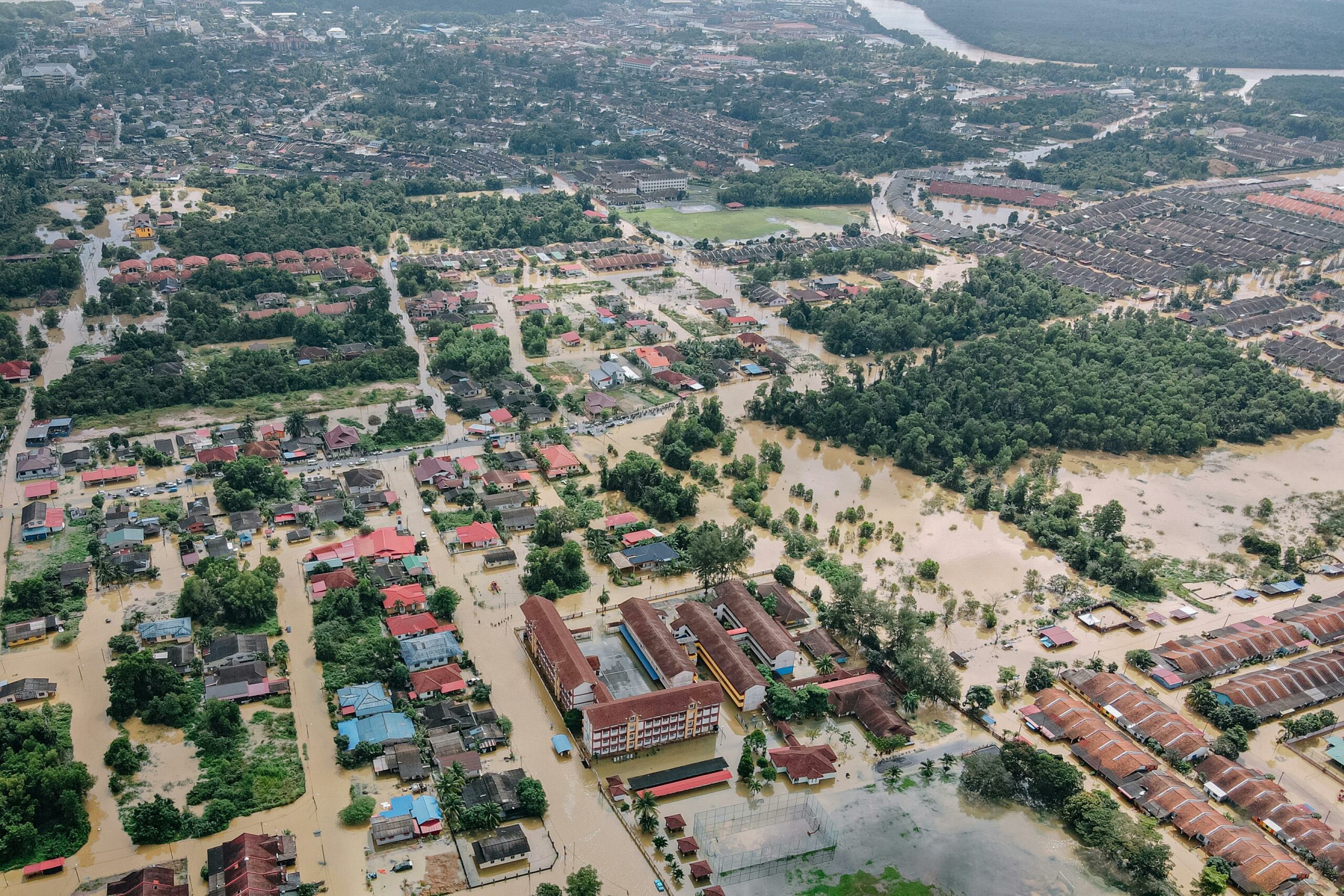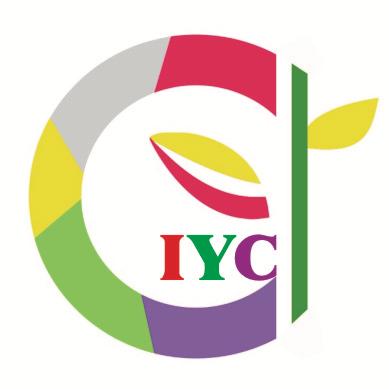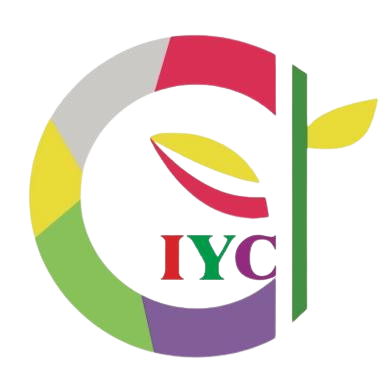Sustainable and Integrated Waste Management Training in Various Municipalities
At the International Youth Center, we are committed to addressing one of the most pressing environmental challenges of our time: waste management. Our Sustainable and Integrated Waste Management Training programs are designed to equip communities with the knowledge and skills necessary to manage waste in an environmentally responsible and economically viable manner.
Our training programs are conducted in collaboration with various municipalities across the region. We focus on educating local government officials, community leaders, and residents about the principles and practices of sustainable waste management. This includes the reduction, reuse, and recycling of waste materials, as well as the safe disposal of non-recyclable waste.
Key components of our training include:
- Waste Audit and Analysis: Participants learn how to conduct thorough waste audits to understand the types and quantities of waste generated in their communities. This data is crucial for developing effective waste management strategies.
- Waste Segregation: We emphasize the importance of separating waste at the source into biodegradable, recyclable, and non-recyclable categories. Proper segregation is the cornerstone of efficient waste management.
- Recycling Techniques: Our training covers a variety of recycling methods for different materials, such as plastics, paper, glass, and metals. Participants are taught how to set up and manage recycling facilities.
- Composting: We teach the principles of composting organic waste, which not only reduces the volume of waste but also produces valuable compost that can be used to enrich soil in local agricultural projects.
- Public Awareness and Education: A significant part of our training is dedicated to raising awareness about the benefits of sustainable waste management. We provide tools and strategies for conducting community outreach and education campaigns.
- Policy and Regulation: We assist municipalities in developing and implementing policies and regulations that support sustainable waste management practices. This includes creating incentives for waste reduction and recycling.
By empowering communities with these skills and knowledge, our Sustainable and Integrated Waste Management Training programs help municipalities reduce their environmental footprint, conserve natural resources, and promote public health. Through these efforts, we are building a cleaner, healthier, and more sustainable future for all.
The Importance of Disaster Risk Reduction at the Local Level
Disaster Risk Reduction (DRR) is crucial for building resilient communities that can withstand and quickly recover from natural and human-made disasters. Implementing DRR strategies at the local level is particularly important for several reasons:
Resource Optimization: Local DRR initiatives can optimize available resources, including local knowledge, skills, and materials. This often leads to more cost-effective and sustainable solutions compared to top-down approaches.
Strengthening Governance: Implementing DRR at the local level strengthens local governance and institutional capacity. It encourages local authorities to develop and enforce regulations, conduct risk assessments, and create disaster response plans.
Sustainable Development: DRR is integral to achieving sustainable development. By reducing the risk and impact of disasters, local communities can maintain progress in areas such as education, health, and economic growth, even in the face of potential hazards.
In summary, DRR at the local level is essential for creating safer, more resilient communities. It empowers local authorities and residents to take proactive steps in reducing disaster risks and enhances the overall capacity to respond to and recover from disasters. Integrating DRR into local development planning can safeguard lives, livelihoods, and sustainable progress.


The Importance of Disaster Risk Reduction at the Local Level
Immediate Impact: Local governments and communities are often the first responders during a disaster. By investing in DRR at the local level, communities can significantly reduce the immediate impact of disasters, saving lives and minimizing damage to property and infrastructure.
Tailored Strategies: Local-level DRR allows for the development of strategies and solutions that are specifically tailored to the unique risks and vulnerabilities of each community. This ensures that measures are relevant and effective.
Community Engagement: Engaging local residents in DRR efforts fosters a culture of preparedness and resilience. Community members who are educated and involved in DRR are better equipped to take proactive measures and respond effectively during emergencies.

